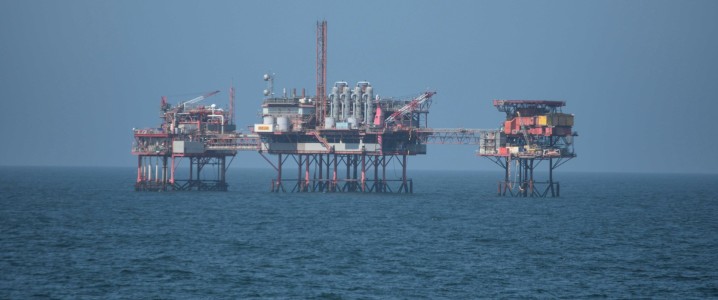A reform of the current punitive windfall tax on UK North Sea oil and gas could unlock additional $185 billion (£137 billion) for Britain’s economy by 2050, the top industry body OEUK said on Monday.
The UK oil and gas industry, as well as major players in the North Sea, have deplored the Energy Profits Levy (EPL), as the windfall tax is officially known, since it was first introduced by the Conservative government in 2022 and subsequently raised by the current Labour government in 2024.
The ruling Labour Party last autumn raised the windfall tax on UK North Sea operators to 38% from 35%, effective November 1, 2024. The tax will now expire on March 31, 2030, a year later than the previous tax regime. The government also removed the 29% investment allowance.
The government has launched a consultation on what type of tax regime should come next, and is being urged to replace the windfall tax as soon as practicable – and not wait until 2030 – to avoid the demise of the UK oil and gas industry.
OEUK is now calling for the government to hurry and replace the windfall tax well before 2030 to unlock investments, save jobs, and add more value to the UK’s economy.
OEUK recommends the government replace the current windfall structure with a progressive, profit-based model.
To secure the future of the North Sea, the industry needs politicians to restore investor confidence and protect jobs in energy-intensive regions, the industry group said in a report last month.
At a conference in Aberdeen, OEUK on Monday released a report claiming that replacing the EPL next year with a profits-based mechanism could increase investment and output in the North Sea.
“We are saying reform the energy profits levy to boost national energy production, investment, unlock 23,000 jobs, and add over £137billion to communities – or keep the tax, gain short-term revenue, and risk the North Sea industry’s collapse,” OEUK chief executive David Whitehouse said.
“Without changes to the fiscal regime, UK oil and gas could disappear within years, not decades. That’s a risk we cannot take.”
By Tsvetana Paraskova for Oilprice.com
More Top Reads From Oilprice.com

